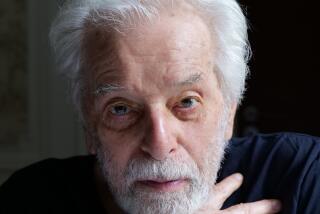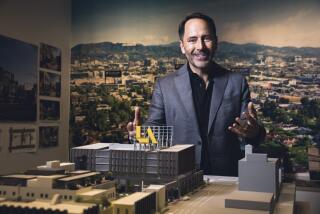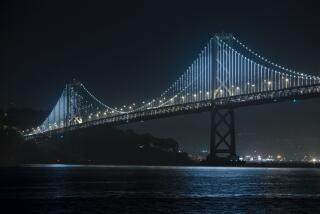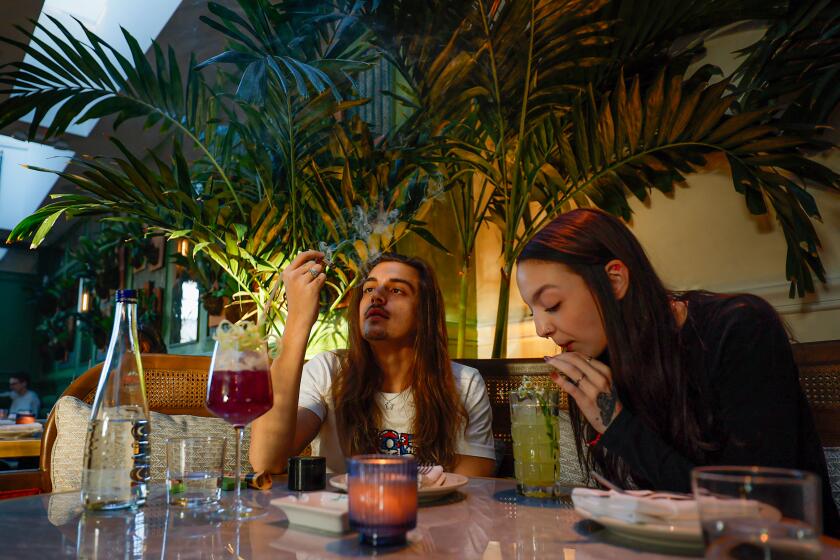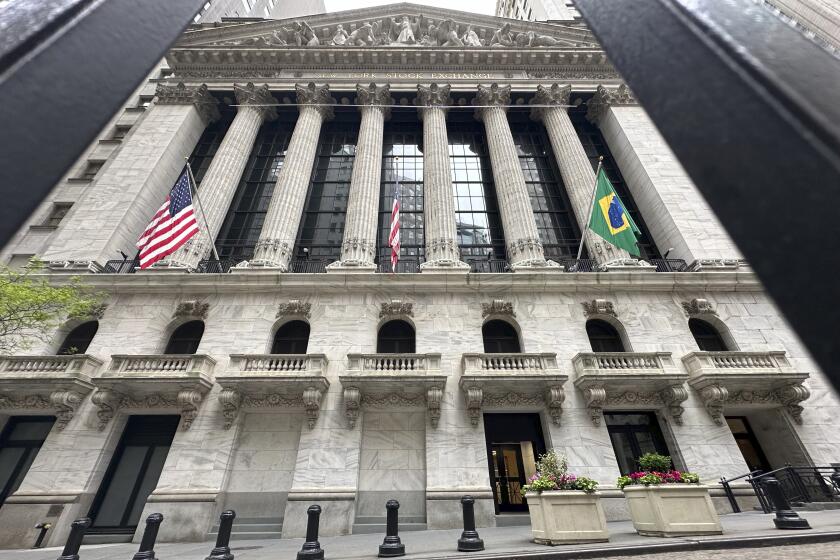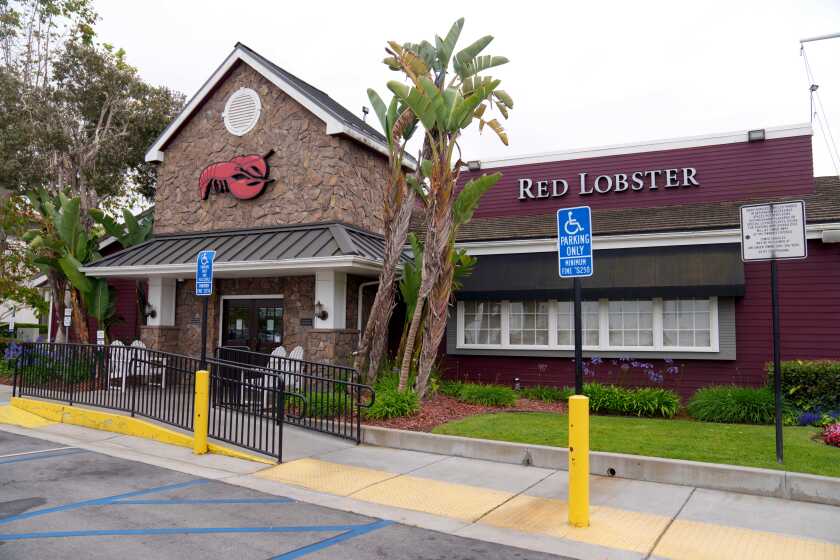Hemingway biopic turns San Francisco area into a well-lighted place
In the upcoming HBO movie “Hemingway & Gellhorn,” actors Clive Owen and Nicole Kidman bring to life the passionate and stormy relationship between Ernest Hemingway and World War II correspondent Martha Gellhorn — the inspiration for the writer’s classic novel “For Whom the Bell Tolls.”
But the real star of the cable network’s film, which premieres May 28, is San Francisco and the Bay Area. Although the movie takes place in nine countries, it was shot over 40 days last spring entirely on location within about 20 miles of the Northern California city.
Filmmakers usually go to San Francisco because they want to capture the city’s unique look and historical landmarks, such as the Golden Gate Bridge or Fisherman’s Wharf. In this case, the city and surrounding communities stood in for Spain; Finland; Cuba; New York; Shanghai; Key West, Fla.; even Ketchum, Idaho, where the author took his life in 1961.
Producers relied not only on the area’s diverse locations but also on state and local film incentives as well as advanced green-screen technology combined with historical footage from the period.
“We literally shot for every place except for San Francisco,” said Trish Hofmann, the film’s executive producer who will discuss her experiences on the HBO movie at an annual industry breakfast Friday in Los Angeles sponsored by the California Film Commission.
Typically, a film with so many foreign locations would have been shot overseas. But with a tight budget — less than $20 million — producers ruled out shooting in Europe.
They considered Puerto Rico but settled on San Francisco, partly as a practical matter. Director Phil Kaufman (“The Right Stuff” and “The Unbearable Lightness of Being”) lives in the city, as do many of the actors, including Joan Chen, who plays Madame Chiang Kai-shek.
Local and state incentives also helped make the decision easier. “Hemingway & Gellhorn” received a $3-million tax credit from California’s film program, which awards credits based on a lottery system.
“We set up a little shrine to pray for the tax rebate, with a candle, a bottle of vodka, a picture of Hemingway and Gellhorn and a copy of ‘For Whom the Bell Tolls,’” Hofmann said. “When we got it, we celebrated — Hemingway style.”
The project received $600,000 in rebates from the city for police expenses and the cost of renting a warehouse at the port for production offices and soundstage space.
A rickety pier and wooden houses in China Camp State Park east of the Golden Gate Bridge provided the backdrop for scenes set in Key West and Cuba, with the help of a few palm tree props. The salt flats in the South Bay represented the rice paddies of China in the 1930s.
An old railway station in Oakland covered in graffiti and bird droppings was cleaned up to look like a hotel in Madrid, while Spanish Civil War scenes were filmed in an arid, flat area of Livermore east of the city that bears a remarkable resemblance to the Spanish countryside.
Shanghai of the 1930s was re-created in the back alleys of Chinatown, while Finland was represented by a Finnish church in Pacific Heights.
“If you challenge me, I can find you within 20 miles of San Francisco, 40 feet from anywhere in the world,” said Patrick Ranahan, the film’s location manager.
Borrowing a technique Kaufman employed for his 1983 movie “The Right Stuff,” producers also made extensive use of archival footage from the Library of Congress and other sources. And they used advanced green-screen technology to insert actors into footage from late 1930s Spain, World War II and other periods.
“We spent a year before principal photography going through 100 hours of archival footage,” said Chris Morley, visual effects supervisor at Tippett Studio in Berkeley. “It’s the only way it could have been done.”
